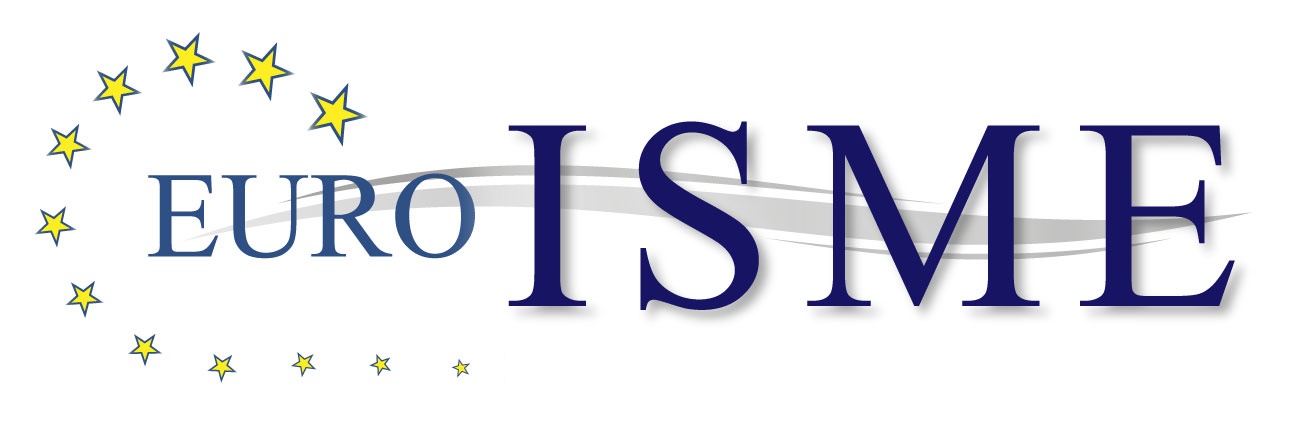Ukraine: With the courage of desperation
By Prof. Dr. Heinz Gerhard Justenhoven
"Are we really in the wrong movie?" That's what citizens, politicians and experts have been asking themselves during past weeks. An overwhelming military power invades his neighboring country, simply because it shouldn't actually exist!?
This is how Vladimir Putin's attempt at legitimacy can be summed up. In fact, Putin has itemised a number of apparently unrelated aspects to justify his order to invade Ukraine. But first things first: the Russian invasion of Ukraine is military aggression and a blatant breach of international law! The binding commitment of all UN members to settle their political disputes peacefully was a civilizational achievement of the 20th century. Now Putin is resorting to the power politics of the 19th century that we all believed to be obsolete. However, it comes now back to the roost that big powers, in particular, have occasionally interpreted the ban on the use of force quite generously in recent decades; it applies exclusively and to everyone. The UN Security Council being once again blocked by the – this time Russian – veto, the UN General Assembly will in all probability condemn this violation of world peace and international security in accordance with UN Charter Art. 11.
What does Putin drive and how far will he go? The greatest danger to the regime in the Kremlin came from the color revolutions. Just as in Poland, Hungary or the Baltic States, the Ukrainians in their "Revolution of Dignity" have freed themselves from the tutelage of the post-Soviet authoritarian state and claimed to take their destiny into their own hands: individually and politically. Self-determination, autonomy concerns the decision about one's own life as well as the right to have a say in social and political conditions. The Euromaidan was a rejection of the ideologically empty post-Soviet dictatorship whose sole purpose is to enrich a small clique in Minsk and Moscow, as Alexei Navalny has repeatedly revealed.

European societies had no other option than to support Ukrainian civil society in this process of liberating itself from dictatorship and striving for freedom. In this respect, Putin was right when he complained that we interfered. Should we look away and shrug our shoulders – of course not! The right to individual and political self-determination as the core of the right to freedom applies to all people worldwide. It was politically unwise not to have anticipated the importance of this process as an existential threat to the autocracy in the Kremlin. On the contrary, bringing up Ukraine's NATO membership early on, especially by the US-government, certainly increased Moscow's perception of the threat. While Ukraine is entitled to choose which alliance it wants to join, it is politically unwise not to take into account the foreseeable consequences. Putin's warning to the West in 2007 that Russia no longer felt secure had largely no effect, at least in Germany. By saying so, I leave it completely open what political consequences should have been drawn.
Today, the citizens of Ukraine are fighting back with the courage of the desperate. Civilians form vigilante groups, villagers make a stand against Russian tanks, women assemble Molotov cocktails, Ukrainian soldiers risk their lives. The goal of a quick military victory and the overthrow of President Zelenskyi's government has not been achieved. The Russian army is currently bringing in enormous amounts of troops and material, bringing back memories of the Chechen war: towns and villages have been reduced to rubble and ashes.
In Germany we have been discussing for too long what help we are obliged to provide. Emergency aid for refugees and medical help... we naturally were able to quickly agree on that. But, I've been asking myself over the last few weeks, do we seriously want to wait until Ukrainians have been injured and then offer them medical help – but deny the means for defense so it shall not happen? The right to self-defense against unjust violence obliges those who stand by to bring whatever support they can. So Ukrainians have a right to be supported in their defence. Which means these are and how far this help must go is, on the one hand, a question of ability: What help can we provide? And secondly, the damage caused by the violence must not become greater than it already is. Wise politics is needed here to prevent an escalation into an even bigger war. However, this must not become an argument for inaction. The Federal Government, the Bundestag just got this bend in early march.
Heinz-Gerhard Justenhoven (born 1958), studied Catholic theology and philosophy at the Sankt Georgen Philosophical-Theological University in Frankfurt am Main and Marquette University in Milwaukee, USA. 1990 Promotion to Dr. theological with a work on the peace ethics of Francisco de Vitoria. 2006 habilitation at the Albert-Ludwigs-University Freiburg i.Br., since 2010 adjunct professor at the chair for moral theology. Since 1995 Director of the Institute for Theology and Peace (ithf) in Hamburg.
His article on War in Ukraine was first published in "Kreuz und Quer" and on the website of our "Institutional Member" zebis/Positionen where it is also available in German language
Credits: photo recreated with quote fancs studio
Forum discussion on the blog "Views on War in Ukraine"
{kunena_discuss:30}
